Under the brooding, rain laden skies lies an expanse of land with rolling hills, dotted with trees, and stretches of woodland as far as the eye can see.
At one thousand feet above sea level, you could be forgiven to think that you were on top of the world, well Ceredigion, mid Wales, at least.
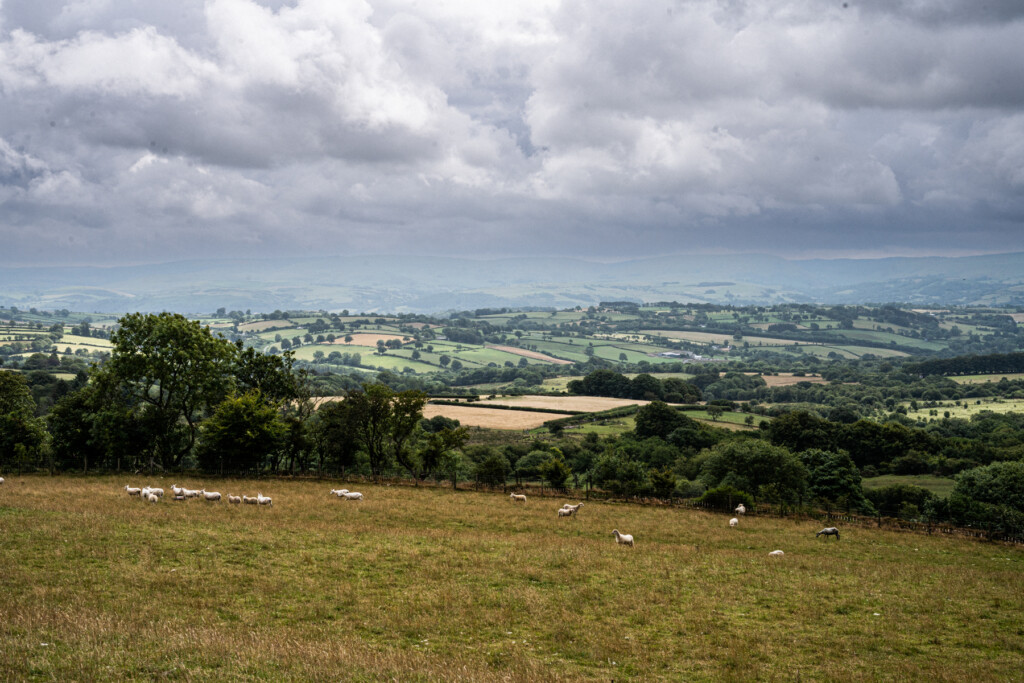
The uplands of mid Wales are unsuitable for growing crops, much like most of Wales, and the land is marginal. However, livestock thrive on these hills. Moreover, this is where Emily Jones, alongside her parents Peter and Gill, use expertise gained by generations of farming heritage to produce delicious Welsh Lamb and Welsh Beef.
Garnwen Farm, a centuries’ old slate and stone farmhouse with numerous outbuildings and traditional dry stone walls is located in Penuwch, about seven miles from the nearest town of Tregaron and 17 miles from the university town of Aberystwyth.
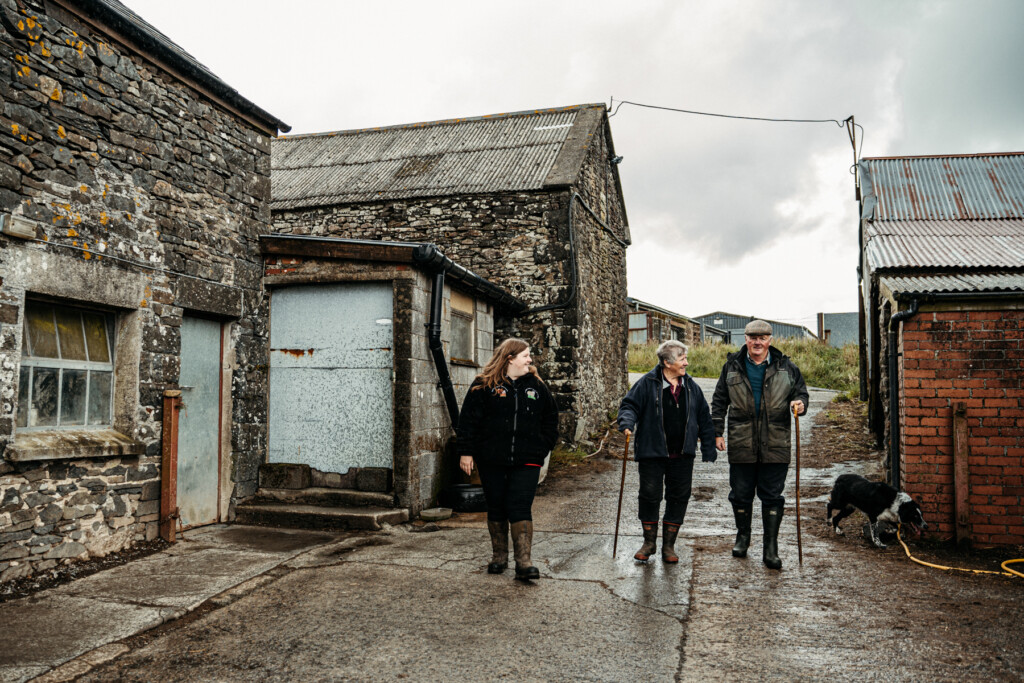
The 150-acre farm is a beef and sheep unit which includes a commercial flock of EasyCare and South Wales Mountain, along with pedigree North Country Park Cheviots, North Country Hill Cheviots and Charmoise Hill sheep. In terms of beef, the herd includes stabiliser crosses, pedigree Beef Shorthorns and Red Poll cattle.
While it may be a little off the beaten track, and not many people venture this way, Emily’s family farm has been here for generations.
Speaking of her foray into farming, fourth generation farmer Emily said,
“I was born into farming, so I had a taste of it at a very young age. I grew up in the industry. I love it.
I love the fact that you are there every step of the process – from the animals being born, bringing new life into the world, and seeing them go on to other farms.”
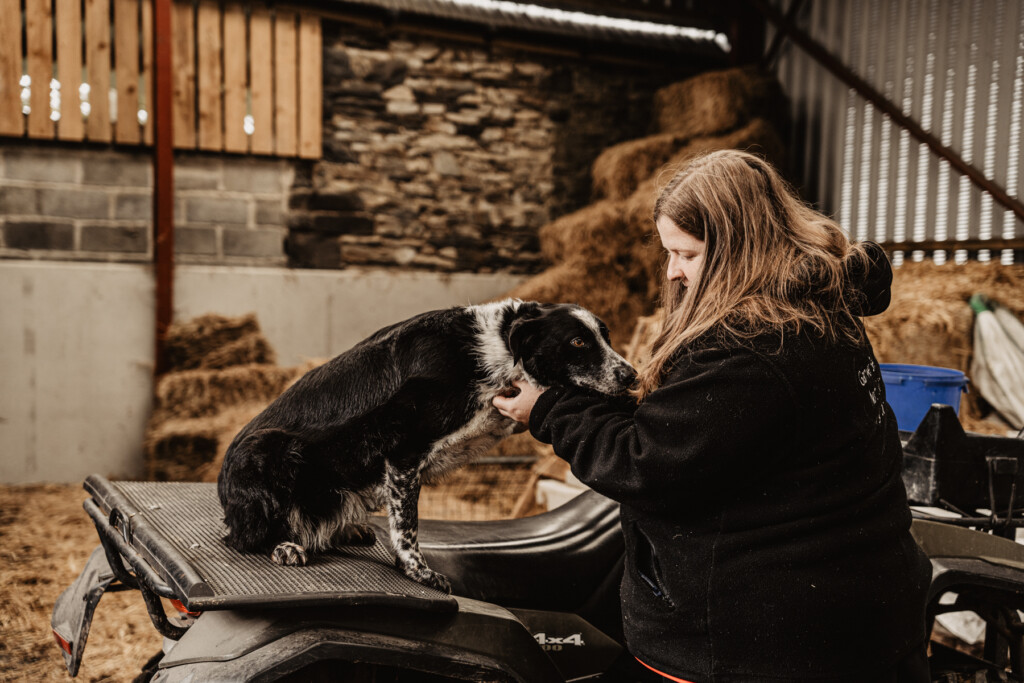
There is a strong sense of community here. Emily’s farm may be remote, but there is always a helping hand not too far away.
“The best thing about farming is that you feel part of a close knit community. If we need help with anything, there is plenty of help around. As farmers, we can discuss our concerns quite openly, for example, in the mart. Essentially, we are like a family – we experience the highs and the lows together.”
Sustainable farming is important to Emily, with minimal use of fertiliser and the inclusion of diverse grass leys.
“We make every effort to go back to the old times – to older farming traditions. But we’re also looking ahead and doing our bit to help the environment, such as increasing the amount of carbon capture and farming in harmony with nature.
This has included planting herbal leys, which include clover, chicory and plantain. All of these have natural uses and will help us improve soil health, and productivity on farm, therefore improving our net carbon emissions.
This has been a relatively new thing for us here at Garnwen, but we are aware of the impact of climate change and determined to being part of the solution in producing quality food in the most environmentally friendly way possible.”
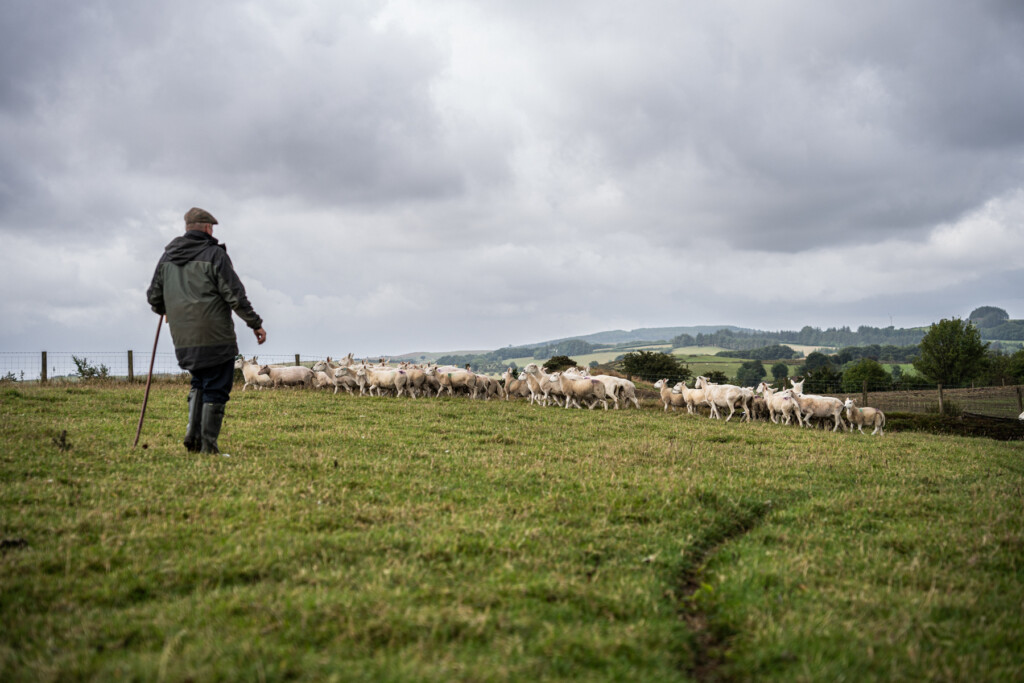
The expertise, dedication and time it takes to producing exceptional lamb is second nature to Emily and her parents. Coupled with the unique landscape, they work in tandem with what nature has given them to produce and mature the lambs in the most natural way possible.
“We believe that our Welsh Lamb tastes so good because of the fresh air it takes in up here. Due to being on higher ground, we need to work in tandem with our natural environment and let nature take its course.
We use native breeds as they are very hardy, and require little intervention. The weather can get quite rough up here and the land isn’t the easiest to work, so what you are seeing is the evolution of sheep and farming techniques over centuries that’s helping us make the most of the challenging environment that we have.”
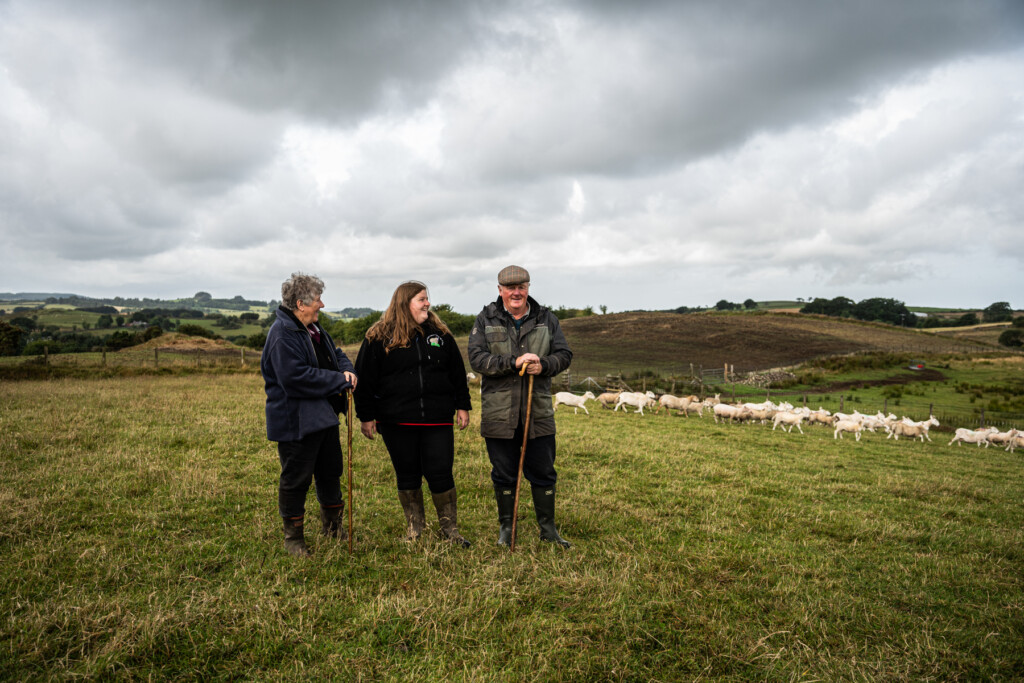
While Emily, alongside her parents, continues to produce the tastiest lamb possible, there is no room for complacency. Looking to the future, she concluded,
“I would love to continue farming and to show how farming as naturally as possible, without the need for extra feed, and to allow the animals to grow naturally helps produce food of the highest quality.
I’m a fourth generation farmer, so it is good to keep the old traditions going alongside more modern methods, which will not only meet changing tastes and trends, but also help keep ethical and environmental standards as high as possible.”